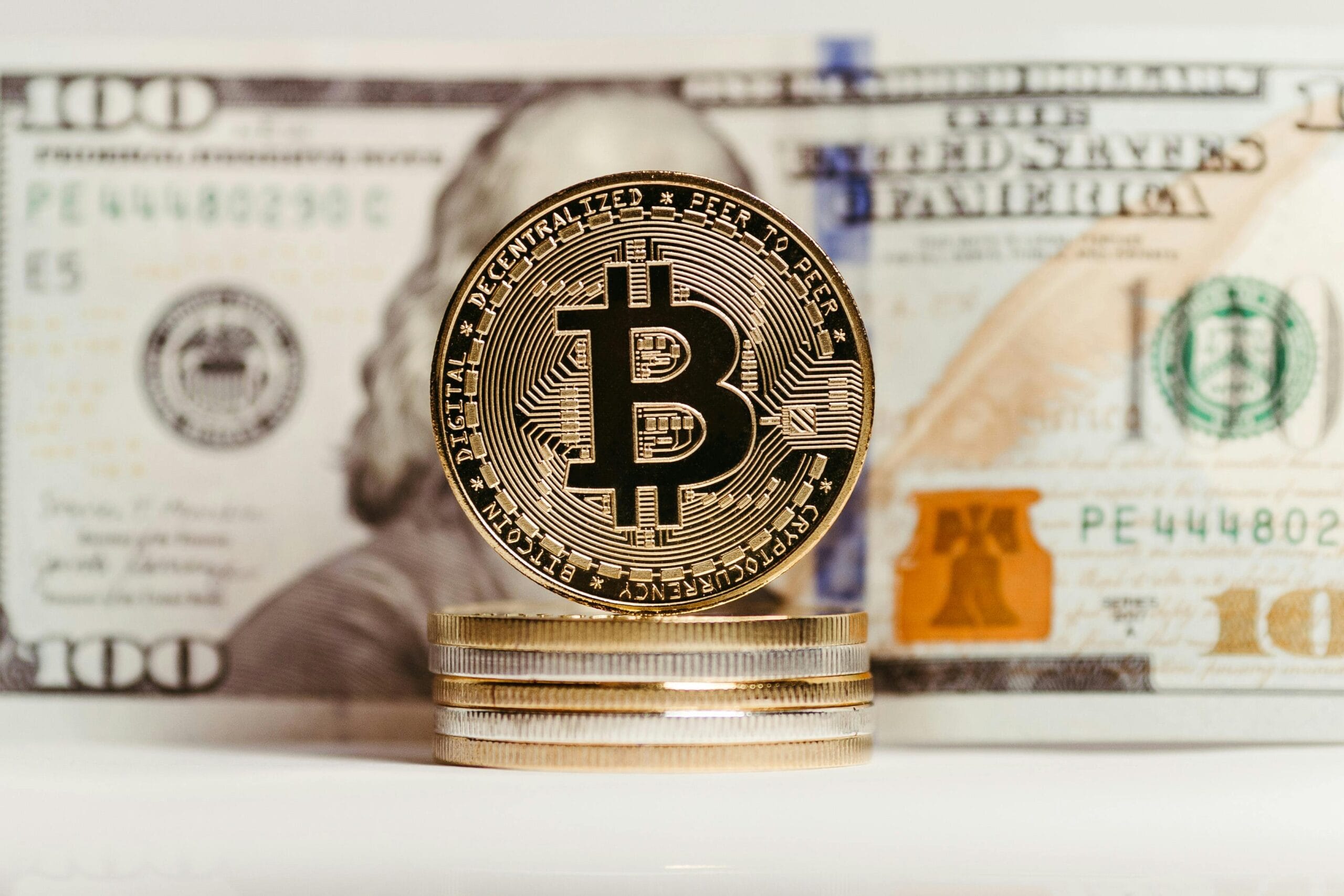Bitcoin has emerged as the most popular cryptocurrency worldwide. A group of mysterious developers released it in 2009. Most people think that Bitcoin is super private. But every transaction is written down in a public record named the blockchain, and these transactions can be traced back to the wallet.

If you do not use your real name for wallets, anyone with some technical knowledge can trace it back to you. You must cover your digital footprints to be completely anonymous for Bitcoin transactions. We will discuss how the digital currency works and what steps you can follow for private transactions.
Bitcoin’s Pseudonymous Network
Bitcoin is a digital payment method that does not require banks or other physical entities. It’s a secure system that allows people anywhere to dispatch and receive revenues without using their identities. These payments are like digital notes in an online record. Bitcoin works on a shared online ledger called blockchain. This ledger records all transactions, and everyone who uses the currency has a copy.
Instead of needing personal info like your name or social security number, Bitcoin links transactions to distinctive public addresses. You require a digital wallet to create public addresses, store them, and spend them. Even though Bitcoin started in 2009, cryptocurrencies and blockchain tech are in progress.
How do Conventional Modes of Payment Work?
Paypal, Venmo, or credit card account names and government IDs are required to make invoices in the banking system. While your balance and ID are not public, credit cards share details like account number, name, and issuing institution with merchants.
Transactions and Privacy Concerns
- Vendor Requests: When you make a transaction, a vendor might ask for additional info like your phone number, address, or zip code.
- Legal Obligations: Authorities can demand information on transactions from merchants.
- Access by Authorities: Surveillance agencies, governments, and international police can access your assets and account balance.
- Data Sharing: Retailers often sell your data to third parties.
How do Bitcoin Blockchain Modes of Payment Work?
You can create a Bitcoin account from the comfort of your home without providing personal information like name, address, or email.
Transactions and Privacy
- Blockchain: All transactions are present on the Blockchain. The Blockchain is accessible to everyone using the Bitcoin program.
- Accounts Security: Account balances are open, but the owners’ identities are secure.
- Sharing: Clients can have multiple accounts, and different clients may share one profile.
- Digital Address: Clients must share their addresses to send or get payments, which can uncover their identity. Additionally, the sender might disclose the balance utilized for the exchange.
Strategies for Bitcoin Anonymity
1. Using CoinJoin
CoinJoin combines the coins of different people into a single transaction, making it hard to follow whose and how much money is present in someone’s transaction.
2. Coin Mixing Services
Coin Mixing Services combine your coins with those of others, making it difficult to follow the money trail.
3. Utilizing VPN for IP Anonymity
When you make Bitcoin transactions, your IP address is visible. This IP address can disclose your location and finally unmask your identity. A reliable VPN like ExtremeVPN changes your IP address to provide more security.
4. Avoiding Reusing Addresses
Repetitive use of the same Bitcoin address is not great for privacy. Bitcoin wallet allows you to create new addresses for every transaction, so this feature is available for anonymity.
5. Using Privacy Coins
Altcoins are alternative crypto of Bitcoin. These are cryptocurrencies that concentrate on keeping your transactions private. You can also use these for extra privacy. You can trade Bitcoins for an altcoin, then switch it back to Bitcoin.
Security Tips for Bitcoin Transactions
- Secure Your Private Keys: Your private key is the secret code for Bitcoin transactions. It is like a security guard for your digital wallet. Store it somewhere safe, preferably on an offline device like a hard drive.
- No Third-party Custody: Do not use third-party services for private keys. Although they seem convenient, they can be risky.
- Backup Strategies: It’s a good idea to have a backup. Always keep more than one backup of your private key.
- Phishing and Social Engineering: Be careful about clicking on unfamiliar links or sharing your info.
- Keep Things Updated: Regularly update your wallet software, operating system, and antivirus programs.
- Multi-factor Authentication (MFA): Double the Defense: Use multi-factor authentication (MFA) to add a layer of security for your wallets.
Legal and Ethical Considerations
Legitimate suggestions for cryptocurrency are diverse and can be found in different locales around the world. Keep yourself updated about the territorial laws.
- Security of your accounts is your right, but it should not cross moral boundaries. The reason for utilizing security tools is to secure you from cybercrimes. Ensure that you are not breaking any local laws.
- Utilize Bitcoin exchanges for legitimate goals and be a part of a more secure crypto community.
- If anything appears fishy concerning crypto laws, get legal advice from bona fide sources and report any suspicious activities quickly.
Conclusion
Cryptocurrency is gaining ubiquity in the monetary world, and Bitcoin is the leading cryptocurrency. Bitcoin is pseudonymous, which implies it’s not completely anonymous. There are various procedures for Bitcoin secrecy, like Joincoin, Coin blenders, privacy-focused wallets, and Altcoin. It’s essential to understand that these methods don’t guarantee absolute anonymity. While you can take steps to enhance your privacy, it’s vital to use Bitcoin responsibly and follow the legal and ethical laws.
FAQs
Are there charges for Bitcoin exchanges?
Whether sending BTC to somebody else is taxable changes depending on the circumstances and territorial laws. If you send somebody cryptocurrency as a blessing, it doesn’t have charges, but you might have to pay taxes if you utilize cryptocurrency to purchase things.
Are there any other choices for improving Bitcoin security?
A few privacy-focused cryptocurrencies, such as Monero and Zcash, offer upgraded protection features. These may be considered options for clients looking for better anonymity and protection.
Are all Bitcoin mixing services reliable?
Not each mixing service is dependable. Various tricks have happened over the years. However, you can take some steps before subscribing to minimize the hazard:
- Affirm the notoriety of the service providers
- Investigate
- Examine surveys








